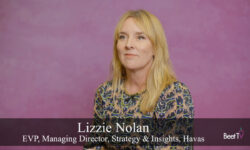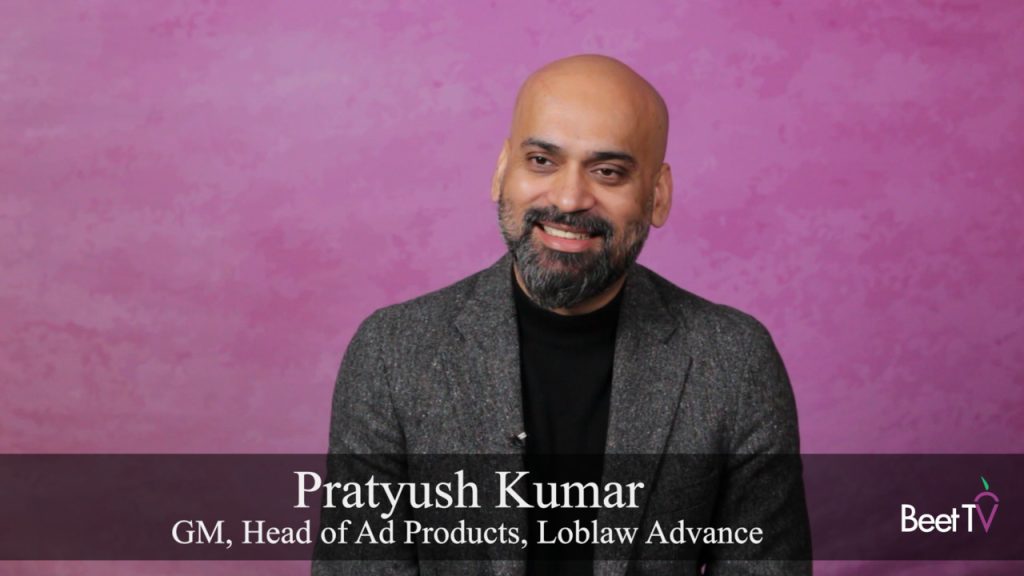LONDON, UK — Use of clean room software, allowing companies to combine customer data sets without privacy implications, isn’t exclusive to the US.
UK media owners and brands have also been adopting the approach for TV ads, and InfoSum has been one of the key companies behind the trend.
Speaking to me at The Future Of Television Advertising Global conference, Lauren Wetzel, Chief Operating Officer, InfoSum, says the approach enables broadcasters and brands to achieve precise targeting without compromising data security.
The Power of Data-Driven Advertising
“We work with almost every broadcaster in this market. We’ve helped to power new products that they’ve launched in market,” says Wetzel.
Wetzel emphasises, “It’s always around planning, activation, and measurement… allowing [broadcasters] to utilize their audiences for a brand to bring their audience to the table, but to do so without ever risking that that data is handed over or that there’s a loss of control.”
ITV
One such broadcaster is ITV, which launched a product named Data Match powered by InfoSum’s technology. “Data Match enables a brand… to bring their data and match it against ITV’s audience, then ITV can create a lookalike and you can have more precise targeting,” she explains, adding that this approach can yield “incredible lifts in conversion”.
Channel 4
Channel 4, another of InfoSum’s partners, has launched a product called Brand Match, which allows brands to compare their first party data with Channel Four’s audience. “What data clean rooms can offer is multi-party collaboration without ever risking loss of control and without risking privacy or security,” Wetzel points out.
Retail Media: A Hot Topic in Advertising
Wetzel also highlights the growing role of data-driven advertising in the retail sector.
“Retail media… brings new data to the table, allows someone to maybe take what was an impossible objective for marketing and make it much more realistic,” she says.
The evolution of TV advertising from a mass-reach medium to a more targeted approach is driven by performance, according to Wetzel: “You may have a very specific objective as a brand around a new product that you’re launching.
“And so the notion that it has to be mass reach when you have the capability to help focus the campaign… You start to see very specific objectives being met.”
Looking Ahead: The Future of Data Collaboration
As for the future, Wetzel believes that data collaboration technology will continue to play a pivotal role in the media and advertising industries.
“(In 2023), we’ve moved from chaos to clarity in terms of just understanding the basics of data clean room technology… I think in 2024 it’s all about scale. It’s all about more case studies, more examples, making this a must-buy product and just powering new innovative solutions,” she asserts.
She further predicts, “Data collaboration is going to be a critical glue in solving a lot of problems in 2024. And we’re going to start to see it scale.”
You’re watching Beet.TV coverage of The Future of TV Advertising Global 2023, presented by Index Exchange. For more videos from this series, please visit this page.












































